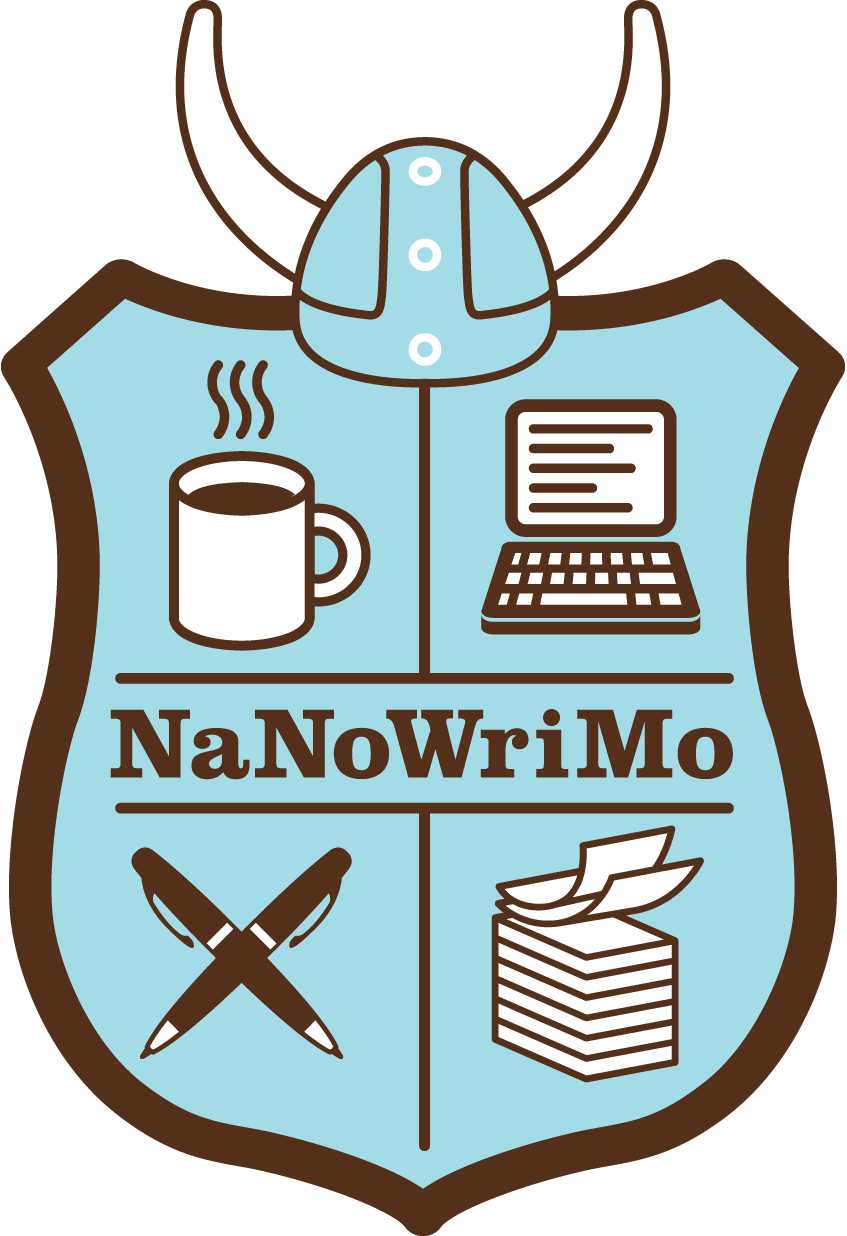 November is National Novel Writing Month, but that isn't what this column is about. Let it be noted for the record, however, that cool things are happening: Appletree Books, Cleveland Heights, Ohio, has local authors sitting in the front windows "furiously scribbling or pecking out their masterpieces as cars and pedestrians pass by on Cedar Road." And Volumes Bookcafe in Chicago is "putting together its own novella, written by a community of employees and patrons." Owner Rebecca George said "the exquisite corpse method--different writers writing one chapter at a time until the project is finished--has helped ease the pressure of reaching such a high word count while also serving as a community builder."
November is National Novel Writing Month, but that isn't what this column is about. Let it be noted for the record, however, that cool things are happening: Appletree Books, Cleveland Heights, Ohio, has local authors sitting in the front windows "furiously scribbling or pecking out their masterpieces as cars and pedestrians pass by on Cedar Road." And Volumes Bookcafe in Chicago is "putting together its own novella, written by a community of employees and patrons." Owner Rebecca George said "the exquisite corpse method--different writers writing one chapter at a time until the project is finished--has helped ease the pressure of reaching such a high word count while also serving as a community builder."
More than 250 NaNoWriMo novels have been traditionally published, according to the organization's website. These include Sara Gruen's Water for Elephants, Erin Morgenstern's The Night Circus and Rainbow Rowell's Fangirl. Last week, bestselling author Brandon Sanderson tweeted: "Stormlight 3 is going well. Hope to finish it this month, for #NaNoWriMo. This is still my playlist for the writing."
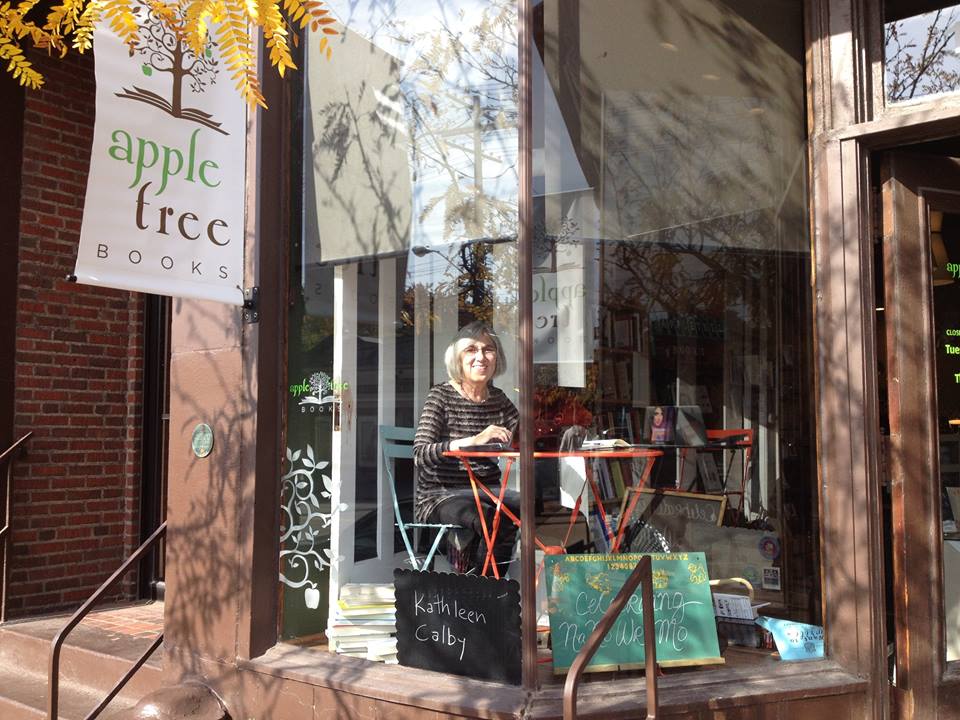 |
| Novelist in the window, at Appletree Books |
I like the concept of NaNoWriMo, though I've never been tempted to participate. This year, however, media coverage of novelquest has prompted me think not so much about how many books are being written right this second (Can you hear the symphonic keyboards?), but how many are already "out there." I'm like some kind of biblioastronomer, gazing in awe at the mysterious bookish heavens and wondering: In our infinitely wordy, Big Book Bang Theory universe, can there simultaneously be too many, too few and just the right number of books?
A decade ago in a blog post, I wrote: "If a gazillion books published every year seems like too many, maybe a gazillion books stored in digital memory and printed as needed is not too many. Here's the deal: We just don't know. Yet." And I'm still curious.
One logical theory was posted Tuesday on the Facebook page of Full Circle Bookstore, Oklahoma City, Okla.: "Too many books? I think what you mean is 'not enough bookshelves.' "
We know books defy time, even when they come up against the limits of shelf space. Borges's "Library of Babel" is an infinite universe, while the New York Public Library's collection is a finite and yet, apparently, unstable planet:
In just the past decade, vexingly different figures have been reported--1.8 million in the New York Times in 2009, four million by the Associated Press in 2013. The library and its current president, Anthony W. Marx, seemed content until two years ago to put the number at about three million, although the figure of 3.5 million had long been used, and appears in the lead paragraph of a Times article from Oct. 1, 1905. (Puzzlingly, the headline says 4.5 million.)
I have some questions.
 Was it really better when we had fewer books? Well, Atlas Obscura featured a piece headlined "Protect Your Library the Medieval Way, with Horrifying Book Curses." During the Middle Ages, "creating a book could take years.... Given the extreme effort that went into creating books, scribes and book owners had a real incentive to protect their work. They used the only power they had: words. At the beginning or the end of books, scribes and book owners would write dramatic curses threatening thieves with pain and suffering if they were to steal or damage these treasures." To wit:
Was it really better when we had fewer books? Well, Atlas Obscura featured a piece headlined "Protect Your Library the Medieval Way, with Horrifying Book Curses." During the Middle Ages, "creating a book could take years.... Given the extreme effort that went into creating books, scribes and book owners had a real incentive to protect their work. They used the only power they had: words. At the beginning or the end of books, scribes and book owners would write dramatic curses threatening thieves with pain and suffering if they were to steal or damage these treasures." To wit:
If anyone take away this book, let him die the death; let him be fried in a pan; let the falling sickness and fever seize him; let him be broken on the wheel, and hanged. Amen.
How many books are there? Mental Floss took a shot at answering that devilish question recently, noting that when Gutenberg "invented the printing press in 1440, he couldn't have foreseen how his humble creation would eventually lead to a global industry churning out millions of books each year.... After some basic arithmetic, it seems that a low threshold for the number of unique books in existence as of halfway through 2016 is (another drumroll, please) 134,021,533 total. And that's all she wrote--for now, anyway."
Is overproduction a blessing or a curse or neither? Does it really matter? In the New York Review of Books last year, Tim Parks wrote: "How to respond, then, to this now permanent condition of overproduction? With cheerful skepticism. With gratitude for those rare occasions when we come across a book that speaks to us personally. With forgiveness for those critics and publishers who induce us to waste our time with some literary flavor of the day. Absolutely without indignation, since none of this is anyone's particular 'fault.' Above all with a sense of wonder and curiosity at the general and implacable human determination (mine included) to fill endless space with dubious mental material when life is short and there are so many other things to be done."
Where do we go from here? Book people can be a patient species--turtles with no delusions of hare. Last year, more than 400,000 folks participated in NaNoWriMo, and 1,012 libraries, bookstores and community centers took part in the Come Write In program. But this column isn't about that.
Are a gazillion books too many? Nah. Though as Arby's so eloquently put it last week: "We're going to need a lot more sauce... #NaNoWriMo."
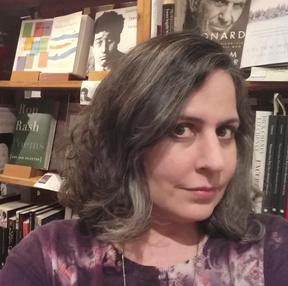 "I want you to feel safe here. I don't care how you voted. I only hope you did. I don't care where you came from. Or what color you are. I've certainly never cared about who you're sleeping with or which bathroom you want to use. It boggles my mind that people do. But that's just the way it is.
"I want you to feel safe here. I don't care how you voted. I only hope you did. I don't care where you came from. Or what color you are. I've certainly never cared about who you're sleeping with or which bathroom you want to use. It boggles my mind that people do. But that's just the way it is. 








.jpg) James Patterson has delivered on his
James Patterson has delivered on his 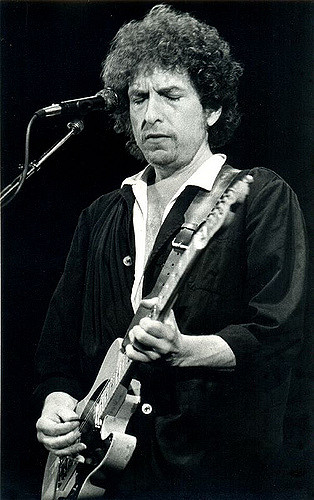
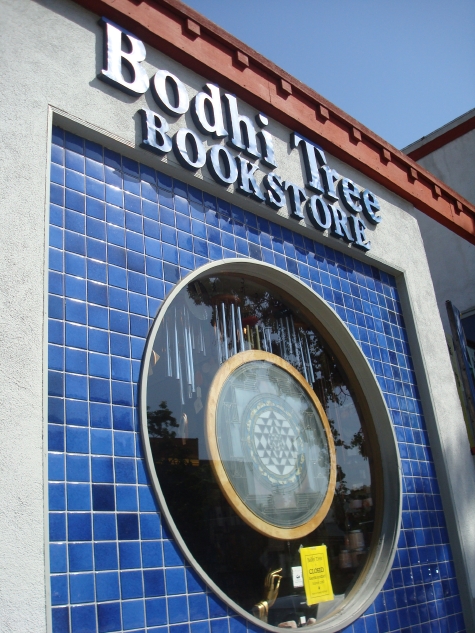 The
The 


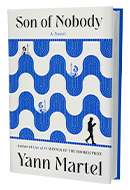
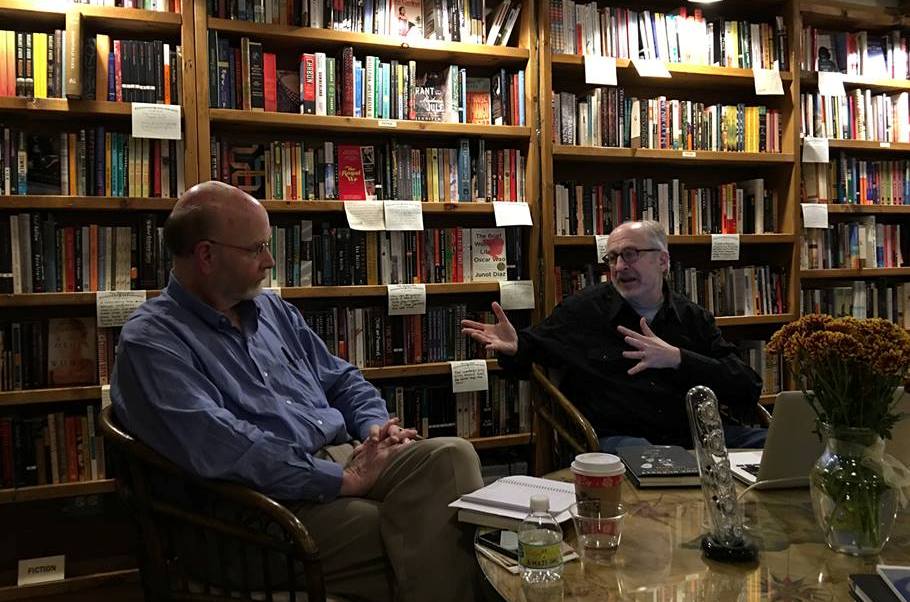 Bookends & Beginnings
Bookends & Beginnings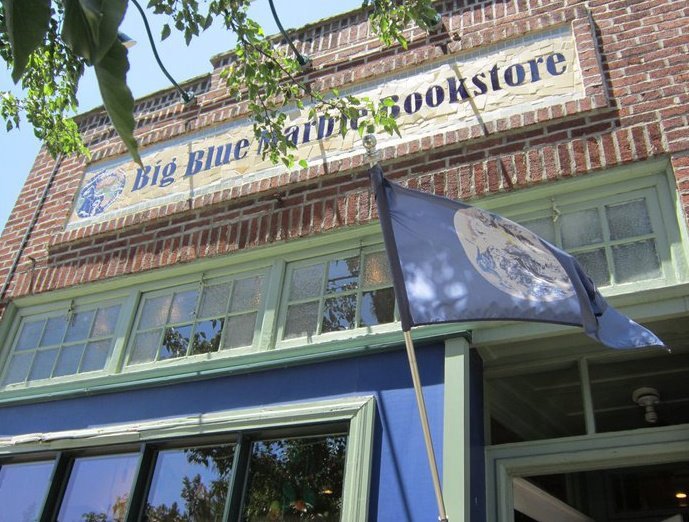 From an e-mail newsletter sent out by
From an e-mail newsletter sent out by 
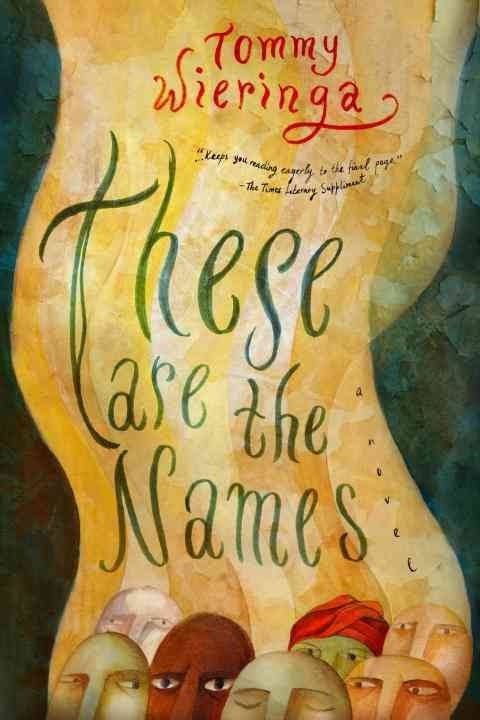 Book you're an evangelist for:
Book you're an evangelist for: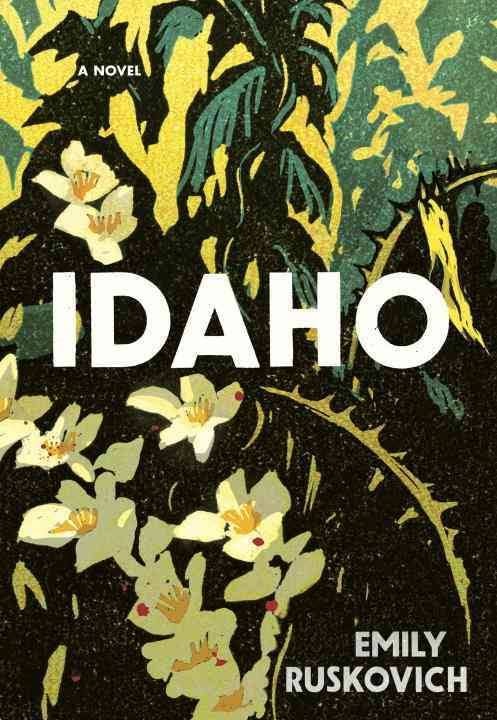 Idaho, the first novel by O. Henry Award winner Emily Ruskovich, is a gorgeously designed immersion into the best and worst of life. In rural Idaho, a jumbled family rearranges itself painfully, trying to live on after a great loss. In 2004, Ann Mitchell surveys the Idaho farmstead she shares with Wade, her husband of eight years. Her recollections introduce the reader to their marriage--troubled by the diminishing strength of Wade's memory and a terrible tragedy at the beginning of their relationship. She plays the piano; he makes finely crafted knives by hand. They tiptoe around the past.
Idaho, the first novel by O. Henry Award winner Emily Ruskovich, is a gorgeously designed immersion into the best and worst of life. In rural Idaho, a jumbled family rearranges itself painfully, trying to live on after a great loss. In 2004, Ann Mitchell surveys the Idaho farmstead she shares with Wade, her husband of eight years. Her recollections introduce the reader to their marriage--troubled by the diminishing strength of Wade's memory and a terrible tragedy at the beginning of their relationship. She plays the piano; he makes finely crafted knives by hand. They tiptoe around the past. 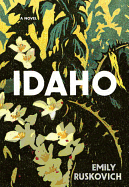
 November is
November is 
 Was it really better when we had fewer books? Well, Atlas Obscura featured a piece headlined "
Was it really better when we had fewer books? Well, Atlas Obscura featured a piece headlined "